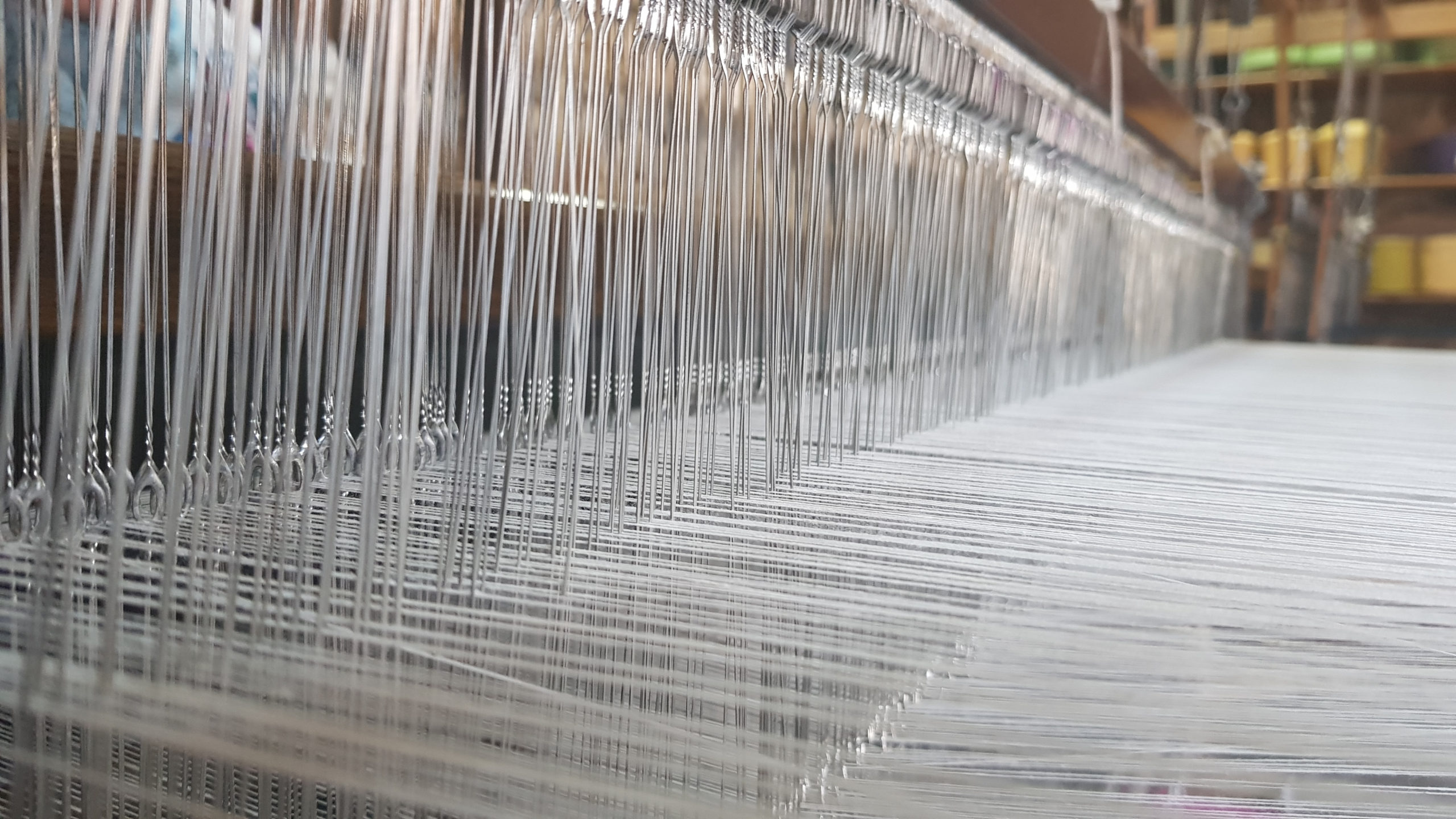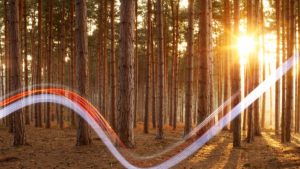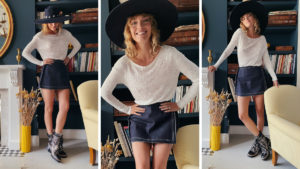Global fashion industry watches as Nanollose completes first pilot spin of ground-breaking, eco-friendly Nullarbor-20™ lyocell fibre

Australian-based biomaterial technology company Nanollose Ltd (ASX: NC6) has completed the first pilot scale spin of its forest-friendly, sustainable Nullarbor-20 lyocell fibre with its strategic partner, Birla Cellulose. Image: Getty
Nanollose has completed its hugely-anticipated pilot spin of its eco-friendly, sustainable Nullarbor-20™ lyocell fibre, and some of the world’s leading fashion houses are lining up to get first touch.
Australian-based biomaterial technology company Nanollose Ltd (ASX: NC6) has completed the first pilot scale spin of its forest-friendly, sustainable Nullarbor-20 lyocell fibre with its strategic partner, Birla Cellulose.
“This is a major inflection point for the company. We’ve now moved this technology out of the laboratory and started on the road towards commercialisation.” Dr Best said, confirming to Stockhead the successful production of some 250kg of Nullarbor-20.
Forest-friendly Nullarbor-20 lyocell fibre: it doesn’t just grow on trees
Using the in-house industrial equipment and expertise of the company’s strategic partner in India, the pilot spin was completed in partnership with Birla Cellulose – a global leader in man-made cellulosic fibre manufacturing and part of the Aditya Birla Group.
The successful pilot spin demonstrated the capacity for Nanollose’s technology to be easily integrated into existing factory settings to allow the fibre to be spun without significant capital investment in new machinery, and at scale.
Bigger, blended, better and lots of it
As part of the staged scale up to 100% tree-free fibres, Nanollose’s initial pilot spin targeted a blend of 20% microbial cellulose and 80% conventional wood pulp to produce 250kg of Nullarbor-20.
The company aims to increase the scale and/or percentage of microbial cellulose in subsequent pilot spins.
Nanollose will then be able to produce quantities of Nullarbor fibres consisting of several varied percentages of tree-free microbial cellulose, mixed with other cellulosic materials.
Production of blended fibres is a common strategy in the fibre and textile industries. It’s considered technically prudent, while also enabling Nanollose to expand its product range of blended and 100% tree-free fibres to appeal to customers at different price points and broaden its addressable market.
The company said interest in the blended fibres had already been received from several leading fashion houses.
Solving a global problem by overcoming global obstacles
Completion of the pilot scale spin process follows months of extensive work, highlighting the capabilities of Nanollose’s and Birla’s technical teams to overcome challenges associated with scaling production from laboratory to industrial grade processing across multiple continents.
Microbial cellulose at carefully defined specifications had to be procured, while quality control and optimisation procedures needed to be clearly established.
Nanollose’s microbial cellulose is made from waste (not trees, in fact it’s currently coconut water), and requires no deforestation, no wood pulping process, no pesticides. And the production process treads very lightly on the earth – using extremely low energy, water, and land, ensuring its objective of being more environmentally friendly than traditional lyocell.
The lyocell fabric has been trademarked “Nullarbor”, from the Latin phrase “nulla arbor”, meaning “no trees”.
Experimentation of drying and purification methods, and exchange of technical information between Nanollose and Birla’s technical team relating to the fibre spinning process was also required for the pilot spin.
Global demand is urgent for beautiful, sustainable fabric
Nanollose said the milestone spin provides a proof of concept that commercial scale fibre production can be achieved.
It also delivers initial quantities of Nanollose’s revolutionary fibre to enable the company to provide samples to world-renowned fashions brands and textile partners, already very keen to trial the eco-friendly, world-first alternative.
Nanollose has been working diligently with its fashion consultant, Carla Woidt, to advance discussions with prospective partners. It said negotiations with short-listed parties are well advanced.
The company expects to formalise these discussions in the coming months and provide additional updates as selected partners receive initial samples from the pilot spin.
Market growth
In 2021, the lyocell fibre market was valued at US$1.13 billion.
Growing with a CAGR of approximately 7%, that market is projected to be valued at over US$1.7 billion by 2027, a growth rate significantly faster than the overall fibre industry (natural and manmade fibre) currently inching ahead with a growth rate of 3%.
Overall, the manmade cellulosic fibre rayon market is expected to continue to grow at a healthy rate of 6.5% – also a higher rate than the overall fibre industry growth rate.
Laying a strong foundation
Executive Chairman, Dr Wayne Best, said completion of the company’s first pilot spin provides Nanollose with a strong growth foundation for the next 12 months.
“In the lead up to completion, we have been approached by a number of notable potential partners and are pleased to now be in a position to enter into formal negotiations for the supply of sample fibre, yarns, and/or fabric for testing purposes and due diligence for future offtake agreements,” he said.
“We are fortunate to partner with Birla Cellulose for this process, as their facilities, expertise and commitment to sustainability has significantly fast-tracked the progress of our innovative technology.”
This article was developed in collaboration with Nanollose, a Stockhead advertiser at the time of publishing.
This article does not constitute financial product advice. You should consider obtaining independent advice before making any financial decisions.
Related Topics
UNLOCK INSIGHTS
Discover the untold stories of emerging ASX stocks.
Daily news and expert analysis, it's free to subscribe.
By proceeding, you confirm you understand that we handle personal information in accordance with our Privacy Policy.








